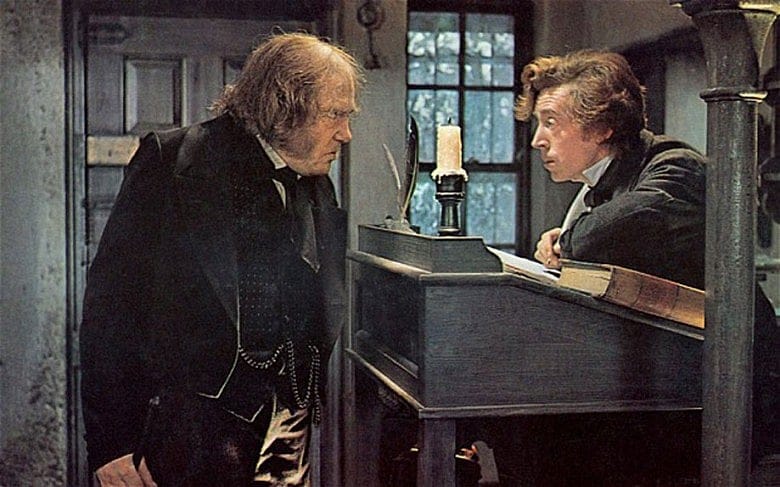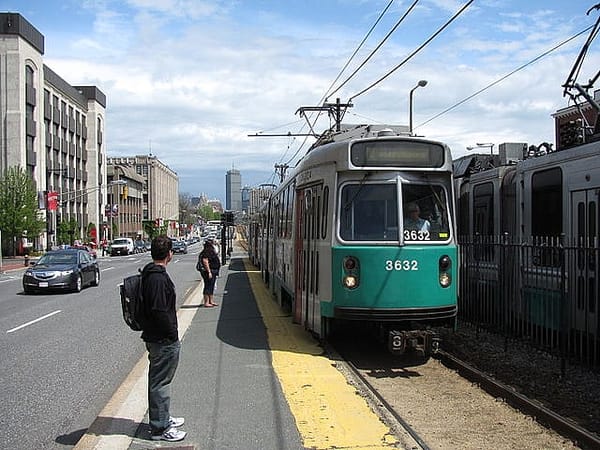Scrooge in schools could teach many lessons

"Merry Christmas!" was popularized in Charles Dickens' A Christmas Carol, the familiar tale of Scrooge, a heartless, penny-pinching rich businessman bereft of Christmas spirit. Scrooge sees the error of his ways when, on Christmas Eve, he is haunted by the ghost of his former partner, Jacob Marley, who sends the spirits of Christmases past, present, and future to show Scrooge both the origins and future consequences of his cramped soul. The experience changes Scrooge for the better, and he celebrates Christmas with generosity toward those around him, particularly the poor and the workers, who are best exemplified by clerk Bob Cratchit, the long suffering, underpaid employee trying to take care of his family (and sick child, Tiny Tim) while working for low wages under terrible conditions imposed by Scrooge.
A Christmas Carol is an example of a traditional holiday play of the type that can no longer be performed in public schools, which, owing to a fear of legal repercussions combined with a desire to be inclusive, have followed the general governmental trend and interpreted the First Amendment's Establishment clause to prohibit even the mention of "Christmas," regardless of context.

